In this tour of the world of alternative currencies, scholar Rachel O’Dwyer considers a wide variety of scrips, such as food stamps issued by the US government, V-bucks deployed in the video game Fortnite and vouchers used at brothels. It’s a fascinating look at what qualifies as money and what doesn’t. O’Dwyer analyzes these shadow forms of money – which now include bitcoin, Ethereum and even Amazon gift cards – within the context of an everchanging human society. The topic itself is sprawling, but readers will find this an illuminating overview.
Tokens have long been a part of commerce.
In ancient Greece and Rome, physical tokens granted holders something of value – food or wine or access to a party. Tokens were especially useful in the sex trade. Because paying for sex with a coin featuring the image of an emperor or a head of state qualified as treason, it made sense that sex workers and their clients would find a different form of currency. Brothels would require that customers buy tokens and then exchange those tokens for sex. In the modern world of sex-based streaming, paying with a token rather than cash extends the fantasy that the relationship is romantic rather than merely transactional.
Tokens operate in a murky area. They’re a sort of currency, but they exist in a closed system. Tokens often occupy a gray area on the edge of the black market. They’re like money, but they’re not quite money. For a time after the Great Recession, some cash-strapped universities purportedly paid their adjunct professors in gift cards, Amazon vouchers and book tokens. Such payment also became a common currency on sites like OnlyFans, Twitch and Chaturbate, where streamers and models accepted compensation...
Rachel O’Dwyer is a lecturer in digital cultures at the School of Visual Culture at the National College of Art and Design, Dublin. She was a Fulbright Scholar at UC Irvine and a Government of Ireland research scholar.









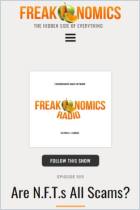
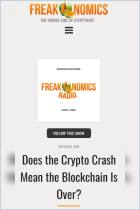
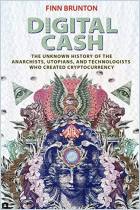
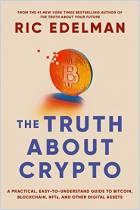
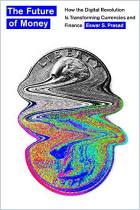

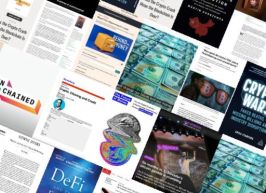




Comment on this summary or Diskussion beginnen